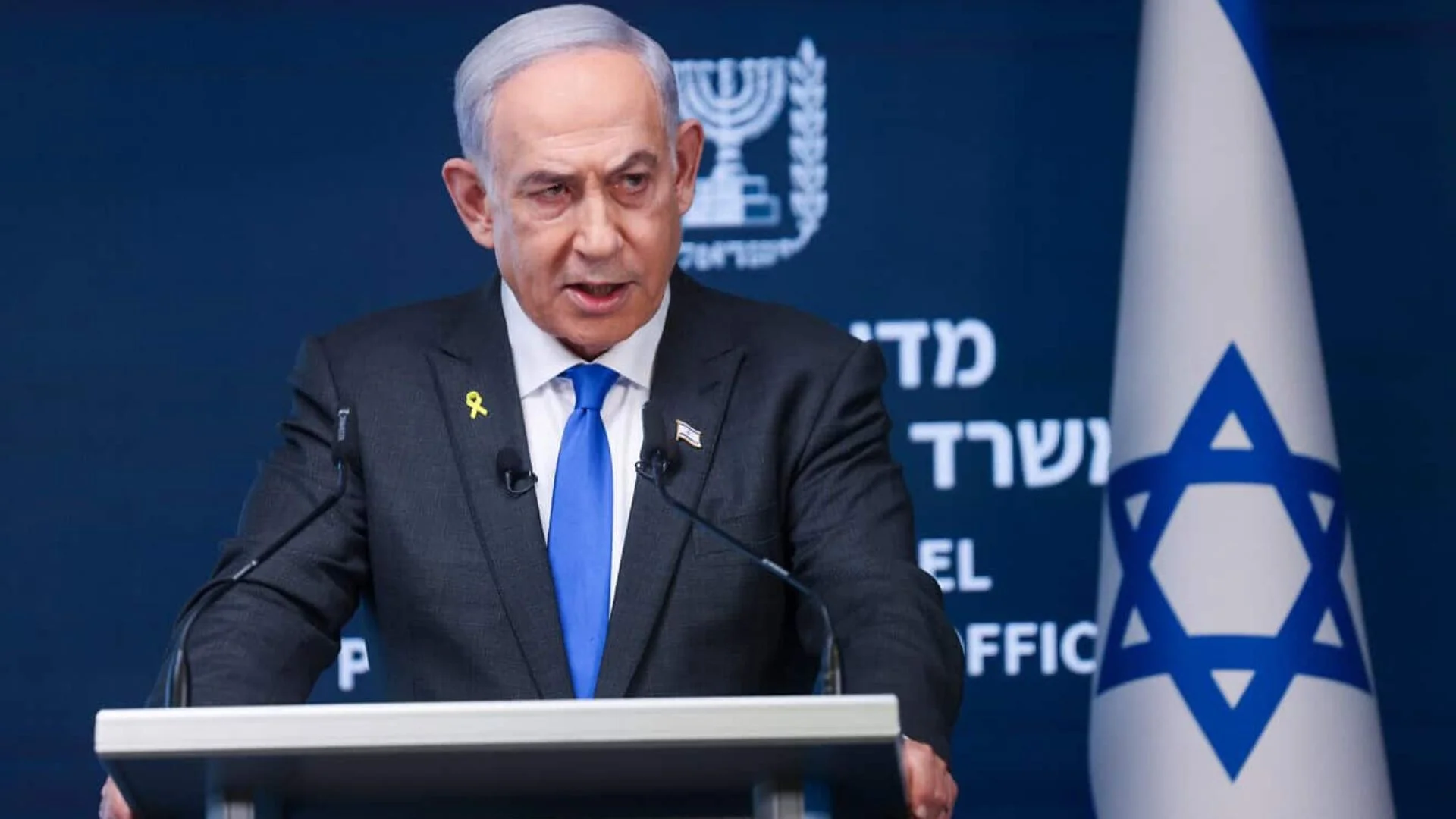
With a ranking of 23rd globally and a place in the top 25 for the third year running, Dubai has maintained its top spot in the MENA region on Kearney’s Global Cities Index. The report claims that in the midst of a shifting globalization landscape, well-known emerging hubs across the globe—especially in the Middle East—have experienced remarkable improvements in their global city performance, and a new distributed geography of opportunity is beginning to emerge. For example, Abu Dhabi moved up ten places in the world rankings, solidifying its status as a preeminent international hub.
The Global Cities Index (GCI) seeks to quantify the extent to which a city can attract, retain, and generate global flows of capital, people, and ideas. Cities are measured against five key dimensions: Human Capital, Information Exchange, Cultural Experience, Political Engagement, and Business Activity.
Average GCI scores have remained steady following several years of decline, with cities in the Middle East and Africa improving markedly. In particular, the capitals of the Gulf nations made major improvements in their overall scores, with Riyadh, Muscat, and Doha improving their overall rankings by nine, eight, and seven, respectively.
This growth was primarily driven by strong performance in the Human Capital dimension, as they capitalised on the return to pre-pandemic levels of freedom of international travel to attract large volumes of migrant talent and tourism.















